Cranberries provide a range of vitamins and minerals, along with distinctive plant compounds that may help lower the risk of UTIs, stomach cancer, and heart disease.
Belonging to the heather family, cranberries are related to blueberries, bilberries, and lingonberries.
The most widely cultivated species is the North American cranberry (Vaccinium macrocarpon), though other varieties occur naturally.
Because of their very tart and acidic flavor, cranberries are seldom eaten raw.
They are most commonly enjoyed as juice, which is typically sweetened and mixed with other fruit juices.
Other cranberry products include sauces, dried cranberries, and powdered extracts used in supplements.
Cranberries are rich in several beneficial vitamins and phytochemicals, some of which have demonstrated effectiveness against urinary tract infections (UTIs).
This article covers everything you should know about cranberries, from their nutritional profile to their health effects.

Nutrition Facts
Fresh cranberries are almost 90% water, with the remainder largely consisting of carbohydrates and fiber.
The principal nutrients in 1 cup (100 grams) of raw, unsweetened cranberries are:
- Calories: 46
- Water: 87%
- Protein: 0.4 grams
- Carbs: 12.2 grams
- Sugar: 4 grams
- Fiber: 4.6 grams
- Fat: 0.1 grams
Carbs and Fiber
Cranberries are largely composed of carbohydrates and fiber.
These carbohydrates are mostly simple sugars like sucrose, glucose, and fructose.
The remainder consists of insoluble fibers — such as pectin, cellulose, and hemicellulose — which move through the digestive tract largely unchanged.
Cranberries also contain some soluble fiber. Because of this, consuming them in excess can lead to gastrointestinal symptoms, such as diarrhea.
By contrast, cranberry juice has almost no fiber and is frequently diluted with other fruit juices and sweetened with added sugar.
Vitamins and Minerals
Cranberries supply several vitamins and minerals, with vitamin C being particularly abundant.
- Vitamin C. Also called ascorbic acid, this antioxidant is abundant in cranberries and supports skin, muscle, and bone health.
- Manganese. Present in many foods, manganese is important for growth, metabolism, and antioxidant defenses.
- Vitamin E. A group of essential fat-soluble antioxidants.
- Vitamin K1. Also known as phylloquinone, vitamin K1 plays a key role in blood clotting.
- Copper. A trace mineral that is often low in Western diets; inadequate copper can negatively affect cardiovascular health.
SUMMARYCranberries mainly contain carbohydrates and fiber, and they also offer vitamins and minerals such as manganese, copper, and vitamins C, E, and K1. Note that cranberry juice lacks significant fiber.
Other Plant Compounds
Cranberries are loaded with bioactive phytochemicals and antioxidants — notably flavonol polyphenols.
Many of these compounds are concentrated in the fruit’s skin and are substantially reduced in cranberry juice.
- Quercetin. The most plentiful antioxidant polyphenol in cranberries; cranberries rank among the primary fruit sources of quercetin.
- Myricetin. A major antioxidant in cranberries that may offer several health advantages.
- Peonidin. Along with cyanidin, peonidin gives cranberries their deep red hue and contributes to some of their health effects. Cranberries are a particularly rich dietary source of peonidin.
- Ursolic acid. Found mainly in the skin, ursolic acid is a triterpene with notable anti-inflammatory properties and a history of use in traditional remedies.
- A-type proanthocyanidins. Also called condensed tannins, these polyphenols are believed to help prevent UTIs.
SUMMARYCranberries are an excellent source of various bioactive plant compounds. Some, like A-type proanthocyanidins, may help lower the risk of UTIs.
Prevention of Urinary Tract Infections
UTIs are among the most frequent bacterial infections, particularly in women.
They are most commonly caused by the intestinal bacterium Escherichia coli (E. coli), which adheres to the inner lining of the bladder and urinary tract.
Cranberries contain distinctive phytonutrients called A-type proanthocyanidins, or condensed tannins.
These A-type proanthocyanidins inhibit E. coli from binding to the bladder and urinary tract lining, making cranberries a potential preventive option for UTIs.
Cranberries are among the richest fruit sources of proanthocyanidins, especially the A-type.
Numerous human trials suggest that drinking cranberry juice or using cranberry supplements can lower UTI risk in both children and adults.
Systematic reviews and meta-analyses back these observations, particularly in women who experience recurrent UTIs.
However, some studies have reported no significant effect.
Not every cranberry product is effective for UTI prevention. Proanthocyanidins can be lost during processing and may be undetectable in many products.
Conversely, standardized cranberry supplements that provide adequate amounts of A-type proanthocyanidins could be a practical preventive approach.
If you believe you have a UTI, consult a healthcare professional. Antibiotics remain the mainstay of treatment.
Remember that cranberries are not a cure for infections; they may only reduce the chance of developing them.
SUMMARYCranberry juice and supplements may help lower UTI risk, but they are not treatments for active infections.
Other Potential Benefits
Cranberries may offer additional health benefits beyond UTI prevention.
Prevention of Stomach Cancer and Ulcers
Stomach cancer is a leading cause of cancer deaths worldwide.
Infection with the bacterium Helicobacter pylori (H. pylori) is a major contributor to stomach cancer, gastritis, and ulcers.
A-type proanthocyanidins in cranberries may reduce the risk of stomach cancer by preventing H. pylori from attaching to the stomach lining.
One trial involving 189 adults suggested that drinking 2.1 cups (500 ml) of cranberry juice daily could significantly reduce H. pylori infections.
Another study of 295 children found that daily cranberry juice for three weeks suppressed H. pylori growth in about 17% of those infected.
Heart Health
Cardiovascular disease is the leading cause of death globally.
Cranberries contain various antioxidants — including anthocyanins, proanthocyanidins, and quercetin — that may be heart-protective.
Clinical studies show that cranberry juice or extracts can improve several cardiovascular risk factors. Cranberry products may help by:
- raising HDL (good) cholesterol
- reducing LDL (bad) cholesterol in people with diabetes
- protecting LDL cholesterol from oxidation
- reducing arterial stiffness in people with heart disease
- lowering blood pressure
- decreasing blood homocysteine levels, thereby reducing vascular inflammation risk
That said, not all research has reported consistent outcomes.
SUMMARYRegular consumption of cranberries or cranberry juice may lower stomach cancer risk and favorably affect several heart disease risk factors, such as cholesterol and blood pressure.
Safety and Side Effects
In moderate amounts, cranberries and cranberry products are generally safe for most people.
Excessive intake may cause gastrointestinal upset and diarrhea, and could raise the risk of kidney stones in susceptible individuals.
Kidney Stones
Kidney stones form when certain minerals in urine become highly concentrated and crystallize, often causing severe pain.
Dietary choices can influence your risk.
Most kidney stones are composed of calcium oxalate, so high urinary oxalate is a key risk factor.
Cranberries — particularly concentrated cranberry extracts — can contain substantial oxalate levels. For this reason, high consumption is considered a potential risk factor for kidney stones in predisposed people.
However, human data are mixed and further research is needed.
Sensitivity to kidney stone formation varies among individuals. For most people, cranberries likely do not have a major effect on stone formation.
If you are prone to kidney stones, limiting cranberry and other high-oxalate foods may be prudent.
SUMMARYHigh cranberry intake might increase kidney stone risk in predisposed people.
The Bottom Line
Cranberries are commonly eaten dried, as juice, or taken in supplement form.
They supply a few important vitamins and minerals and are exceptionally rich in several distinctive plant compounds.
Some of these phytochemicals may help prevent UTIs, stomach cancer, and contribute to heart health.

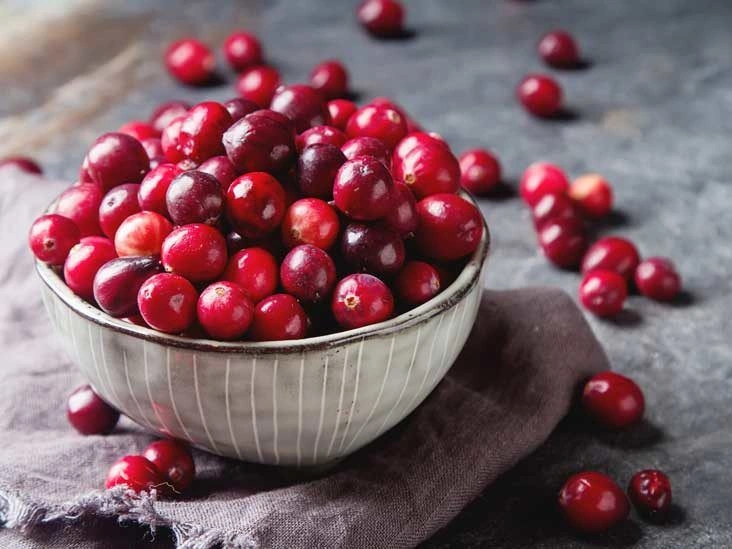



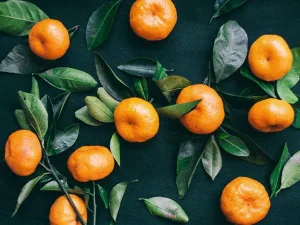


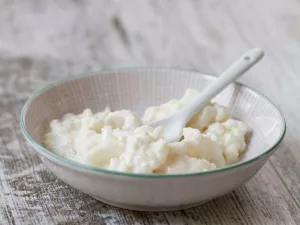








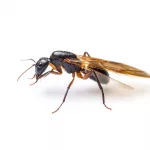






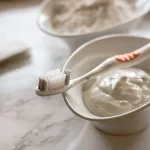
Leave a Reply
You must be logged in to post a comment.